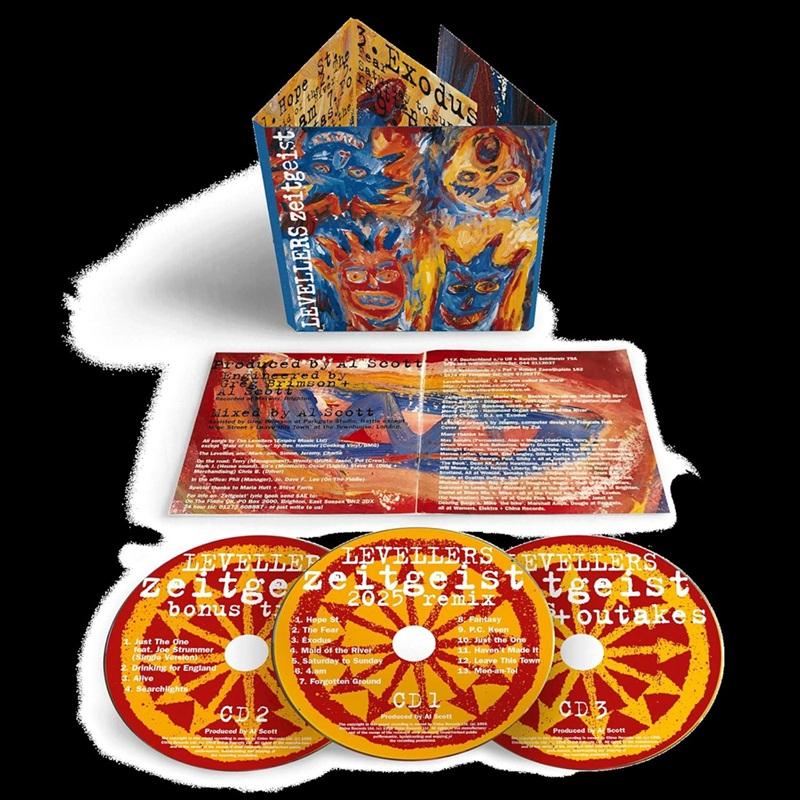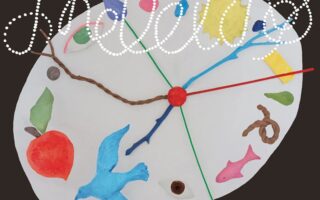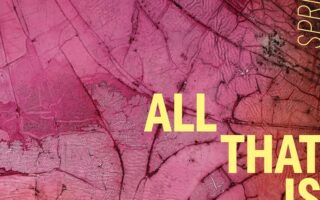

Levellers’ super-power was cloaking pop in the guise of palatable, home by midnight radicalism, tapping into flaring anti-authoritarian sentiment.
In Britain you can still trace the paths the Romans walked, sixteen hundred years after they last abandoned the place.
Rock n’ roll archaeology tends to live on much shorter cycles, maybe because we’ve largely forgotten what was hot even last year.
The Levellers are a fascinating case in point. Originally forming in Brighton in the late eighties, their stratospheric rise a few years later was fuelled mostly by word of mouth; proudly anti-fashion, their politically non-conformist aesthetic mingled with the precepts of the free party, New Age traveller movement, although crucially their fanbase mushroomed outwards.
The travellers found themselves harassed and ultimately run down by the Thatcher government, but not before Levellers songs like One Way and Battle of The Beanfield tied a knot between them.
Playing an amalgam of punk and folk rock doused with a Celtic spirit, it made for an unlikely formula for success in an era of rave, shoegaze and post C-86 indie, but a committed grassroots network propelled their 1991 second album Levelling The Land into the upper reaches of the charts.
Many sneered that this was some act of gravity defying that couldn’t sustain itself, but the simply titled follow-up Levellers eventually reached number two and then, released at Britpop’s absolute peak two years later, Zeitgeist went one better.
A fascinating story, but as we’ve said many times, history is written by the winners.
Now, you’d need to squint hard to make yourself believe that the only games in town at this point weren’t strictly those of Blur, Oasis and Pulp respectively, but not every record buyer then had signed up to wearing Fred Perry or being Common People, and despite the fact that the traces are hard to find, this is a thirtieth anniversary project with as much right to exist as any other else.
The quintet’s super-power was cloaking pop in the guise of palatable, home by midnight radicalism, tapping into flaring anti-authoritarian sentiment in the wake of the Poll Tax and Criminal Justice Bill.
Busker ready opener Hope St. captures a fiddle-led gift for knowing how to stitch the big chorus, and by this point bigger riffs into an inclusive sounding whole.
This gift made Levellers a rare thing which the industry struggled with, a band who operated ostensibly outside of its machinery (not quite true) but that could also still regularly bother Top of The Pops.
Zeitgeist’s other singles, Fantasy and Just The One, both managed to hit the Top 20 and have aged remarkably well, the latter a rustic sounding cautionary tale about addiction which strives not to judge.
The only real nod to the period is the with hindsight-unwise scratching effect used on Exodus, but the hardscrabble punk of 4AM can still be heard downstream now in the likes of the Dropkick Murphys, and P.C. Keen’s pseudo fictional tales of police harassment sadly ring true for protestors three decades on.
Now for the additional material bit: of most interest, although not new, is a version of Just The One featuring Joe Strummer (on piano, so don’t get out of your seat) whilst there’s demo, live and remixed stuff a plenty for listening to down the allotment on a Sunday.
Whilst you’re there you may unearth some kind of ancient relic, a token from history now isolated from the rites and culture that once surrounded it.
Zeitgeist may have been the Levellers’ finest hour, but even now they’ll keep digging, no matter how swiftly the past speeds away from us and glory days long lost.










